i was going through linq GroupBy extension method and stumbled on one of the overloads which got me confused, now this will yield an result like this
int[] numbers = {1,1,1,2,2,3,4,4,4,4,4,5,5 };
var result = numbers.GroupBy(g => g).Select(s => new {
key=s.Key,
data=s
});
but my question is, how to use other overloads, for instance this
how can i use this overload, i have searched many blogs but no blogs explain me all the overloads

